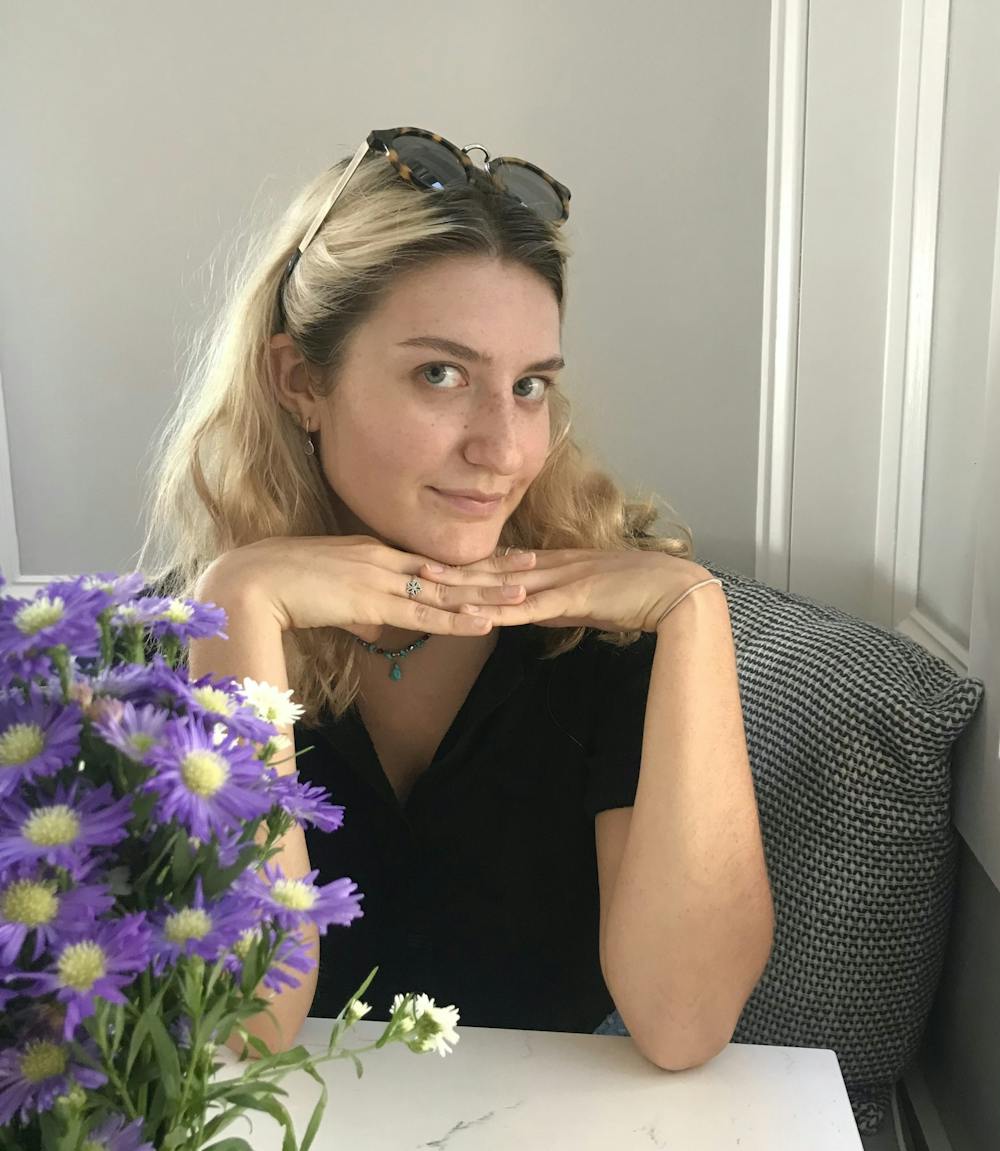As a student in D.C., I consider myself to be acclimated to societal demise. I willingly read books on the impending doom that climate change will reap, and I watched an insurgency occur seven miles from me via CNN. Methane is leaking into our atmosphere at an alarming rate, massive conglomerates regularly deny human rights and ignore accountability, and we’re experiencing an economic catastrophe that could very well rival the Great Depression. These facets, coupled with enduring the pressure of the coronavirus pandemic, result in a dismal perception of the future for those not blessed with blissful ignorance. Pretty optimistic start, wouldn’t you say?
Everyone handles the pandemic differently. Some have become consumed with creative outlets, like writing screenplays, baking and finding a newfound passion for painting, essentially, channeling panic into another form of leisurely production. One of my roommates dances for hours during the day, not only because it’s a part of her academic curriculum, but also because she genuinely loves it. This is valuable! And I can earnestly say that the vitality of creativity has surged as a product of complete, government-sanctioned isolation. Realistically though, the crushing uncertainty of the virus hasn’t miraculously turned all of us into dancers, creatives or pinnacles of productivity.
The night before classes started, I lay in the dark doing my every-other-week student-in-a-pandemic pep talk with my own brain:
“Hey, online school is pretty decent! It’s just a new medium of learning, and it’s definitely more relaxed than in-class scenarios. Your professors are accommodating, and this form of education is absolutely comparable to what you would be receiving if you were actually sitting in SIS right now. You’re grateful for the opportunity to be a student, so you can and will learn any way possible. Push on!”
While we’re all reaping the visceral physical and psychological consequences of online university, it seems that there’s an unwritten contract that we all unanimously agreed to when it comes to answering questions from authority figures. I’d argue that the façade that students can put on when it comes to interrogations about online school is a creative outlet in itself. I’m capable of weaving intricate stories of niceties and hopeful comments when my parents call, regurgitating my mental pep talk to adults so that they don’t look at me with pitying eyes as they marvel at the morose and monotonous college experience of today’s online students. Honestly, I’ve had enough of telling my grandparents “Oh, it’s not so bad, I’m just making it work!” when they ask how online school is.
American University has always maintained a strict culture that emphasizes advancement. With this, comes the feeling of inadequacy. You didn’t have an internship this semester? Your classmate had three. You’re managing a full course load during a pandemic while taking care of your mental health? The person in the Zoom square to your right is doing the same while working on an accredited research project and interning under a senator. AU culture is capable of making it painfully difficult to feel sufficient and distinguished, especially when the bounds for adequacy don’t accommodate our context: political unrest, COVID-19 and a wealth of other issues that plague the minds of AU students. I challenge you to refute the belief in the AU community that an attachment to the academic, professional and productive world is the only engagement that proves your existence.
The current state of affairs is no one’s fault. I can’t blame an intangible viral strain for my experience, nor an academic institution for implementing what is safest, so it’s difficult to work through the complexity of our situation as students. However, I’ve noted that the experience as an online student and endurer of a pandemic works tangentially with the five stages of grief. I experienced feelings of denial, anger, bargaining attempts and depression associated with being uprooted from my friends, educational experience and perpetual societal comforts mid-semester. Regardless, with time, I’m finally moving toward the concluding stage of acceptance. I am allowed to succumb to the mundaneness and inertia of quarantine and life during a pandemic.
I don’t paint, and I don’t dance like my roommate dances. But I run and read more often now. It’s nice, it’s simple and it’s enough for now. There’s a Nobel Lecture quote from an author I like, named Kazuo Ishiguro. It goes, “But in the end, stories are about one person saying to another: This is the way it feels to me. Can you understand what I’m saying? Does it also feel this way to you?”
Abby Longo is a junior in the School of International Service and a staff columnist for The Eagle.





